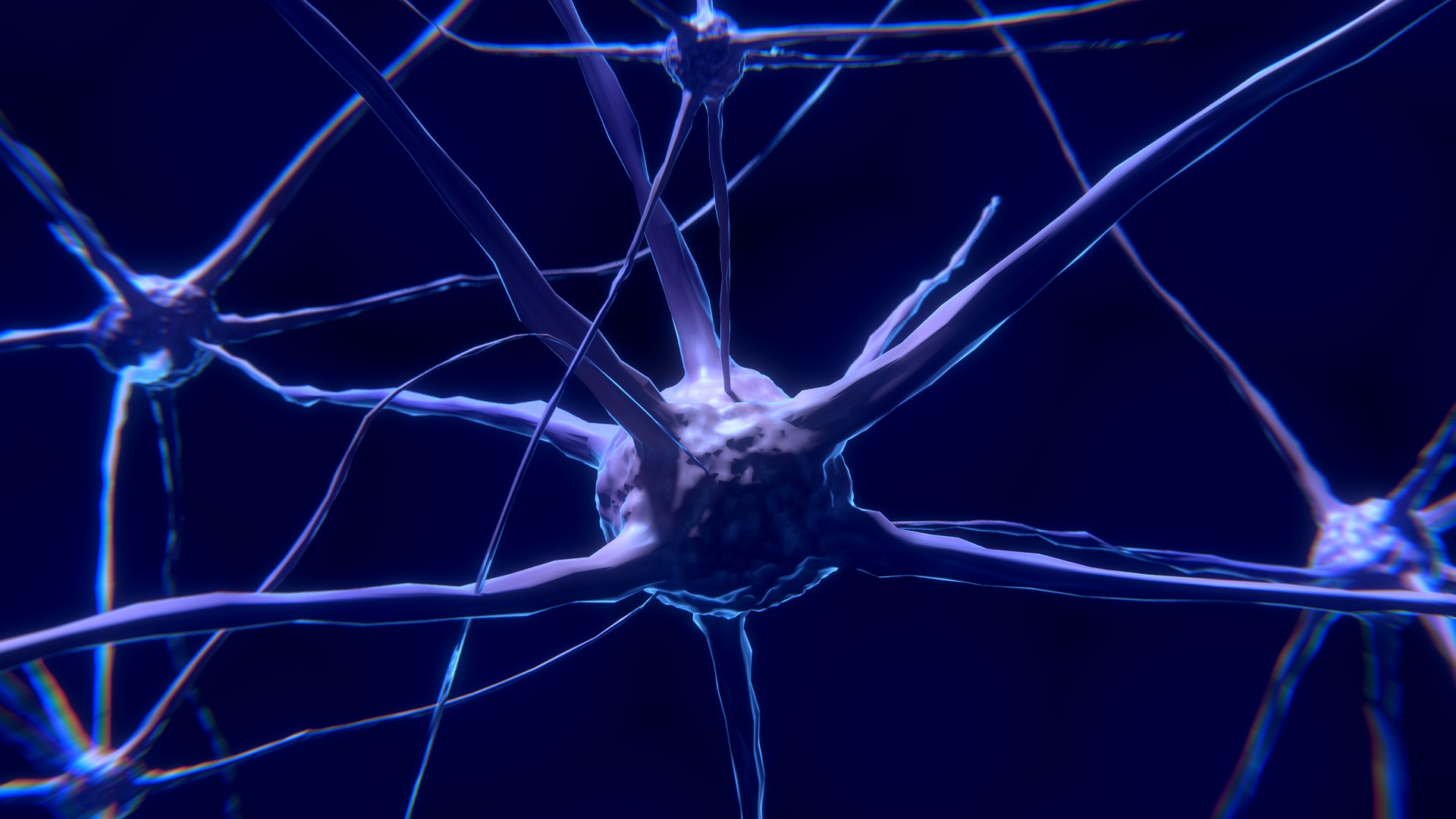Hippocrates: “Our food should be our medicine. Our medicine be our food. But to eat when you are sick is to feed your sickness.”
The ‘eat less move more’ approach to weight loss has been ‘the model’ for the past fifty years. And it doesn’t work. The underlying cause of obesity seems to be a hormonal imbalance (not calorie excess).
When we eat, it causes a release of the hormone insulin. This is usually associated with ability (or inability) for the cells of our body to take in carbohydrates and is usually related to diabetes. But it is also a fat storage hormone. It is a natural and needed process which has allowed our species to survive in times when food is scarce. The ketogenic diet and intermittent fasting are ways to help reduce insulin levels.
We have a fasting instinct. It’s something that we instinctively do. When you are sick, what’s the last thing you are thinking about? Food. Our bodies are also designed to store energy in times of plenty and release it in times of scarcity.
Many cultures around the world include fasting in their rituals. Muslims fast during the month of Ramadan, Buddhist monks fast daily from noon to sunrise the next day and the most known fast for Jews is Yom Kippur.
Fasting is Not Starvation
Fasting is not starvation. It is the controlled voluntary abstinence from food and can provide many health benefits like:
Weight loss
Intermittent fasting allows the body to use fat as it’s primary source of energy instead of sugar.
Insulin Sensitivity and Diabetes
Fasting has shown to have a positive effect on insulin sensitivity, so your body can tolerate carbohydrates better than if you didn’t fast.
Skin, Heart, Liver
Fasting gives your digestive system a rest allowing your body to focus on cleansing and regenerative functions instead.
Immune System
Intermittent fasting reduces free radical damage, regulates inflammatory conditions and reduces cancer risk.
Brain Function/Mental clarity
Fasting boosts production of a protein called brain-derived neurotrophic factor (BDNF). This in turn activates stem cells to convert into new nerve cells and protects brain cells from changes associated with Alzheimer’s and Parkinson’s disease.
Challenge
Are you interested in exploring fasting in a supportive group to improve your health? Join me in my challenge group.
Benjamin Franklin: “The best of all medicines are resting and fasting.”






